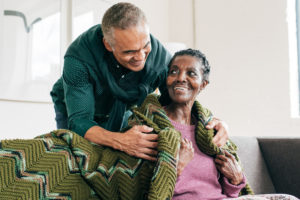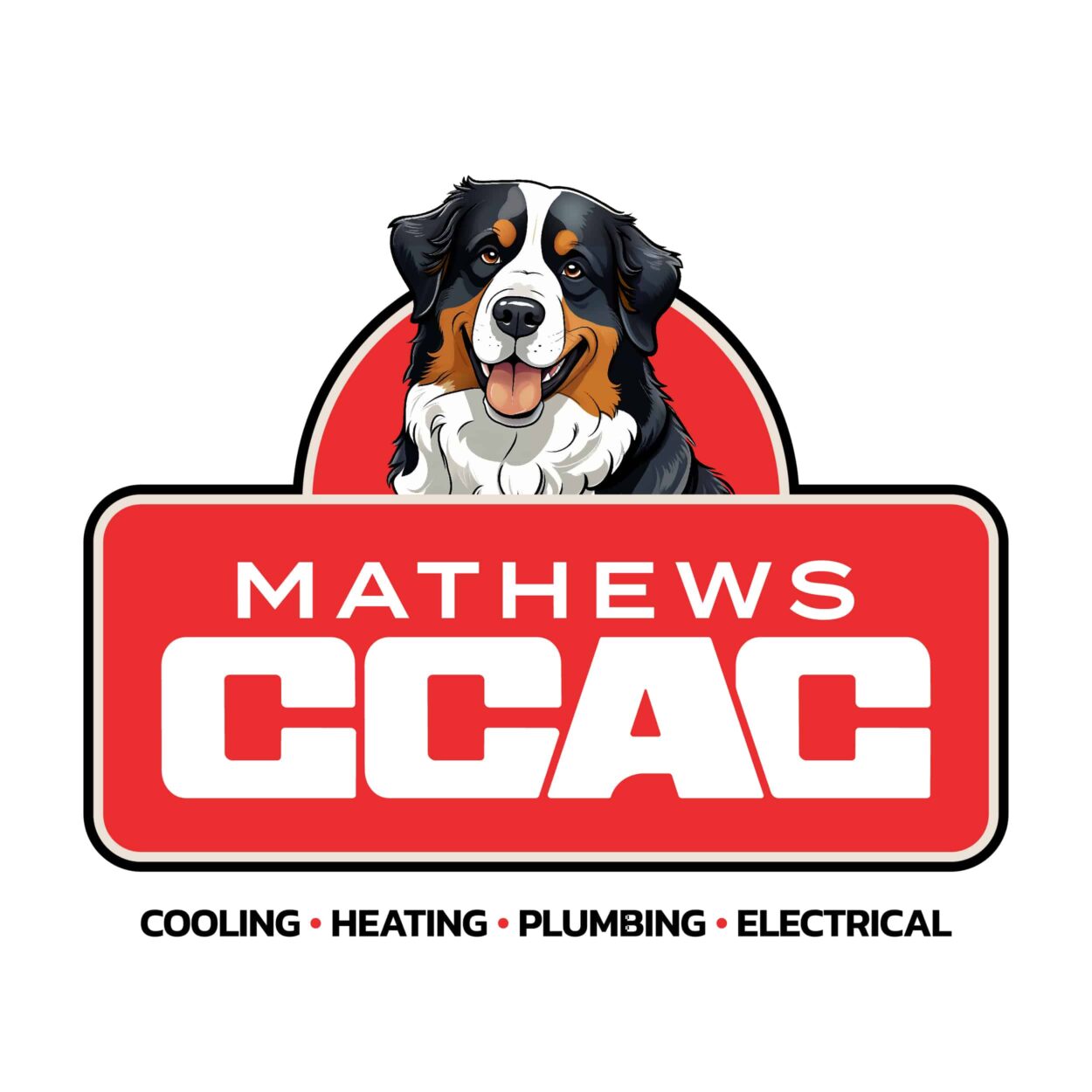 As we age, we tend to crank up the heat. Our bodies just aren’t as good at maintaining a comfortable temperature as they were when we were young. And that’s important for the elderly, as they may succumb to heatstroke and dehydration in the summer when it gets too hot or hypothermia when they get too cold.
As we age, we tend to crank up the heat. Our bodies just aren’t as good at maintaining a comfortable temperature as they were when we were young. And that’s important for the elderly, as they may succumb to heatstroke and dehydration in the summer when it gets too hot or hypothermia when they get too cold.
Here are some of the afflictions of the elderly that may make them feel too cold or too hot—and thus less able to bear a high or low home temperature:
- Anemia (when a person lacks enough red blood cells to carry oxygen; thus, low blood flow results)
- Low blood pressure, congestive heart failure, and poor circulation all cause low blood flow.
- Underactive thyroid
- Arteriosclerosis, or the narrowing of blood vessels
- Raynaud’s disease (arterial spasms to fingers and toes)
- Vitamin deficiencies
- Blood-thinning medications
- Kidney damage from diabetes
- Low calorie intake
- Lack of sleep
- Failure to hydrate sufficiently
Ideal Home Temperature
The ideal home temperature for an elderly person can vary greatly depending on their health, but as noted above, they tend to prefer warmer temperatures. Warmth helps an older person’s arthritic limbs feel less stiff. Further, most elders lack sufficient fat or muscle to help retain heat.
And when it comes to air conditioning, some elders may resist turning up the A/C sufficiently to keep cool. They may not realize, in fact, that their bodies are getting too warm in the summer and that they are becoming dehydrated. Dehydration is a serious concern among the elderly in summer when the A/C goes off during a power failure.
Elders also often fear the costs of keeping their homes cool enough or warm enough.
In general, an elder person’s home should probably not fall below 68 degrees in the winter or above the mid-80s in the summer.
If you are in charge of an elder person, make sure their HVAC systems are in good working order by calling for regular maintenance. Also, make sure someone checks on them regularly and that the thermostat is set within a safe range.
For more on home temperature, contact CCAC of Corpus Christi.












